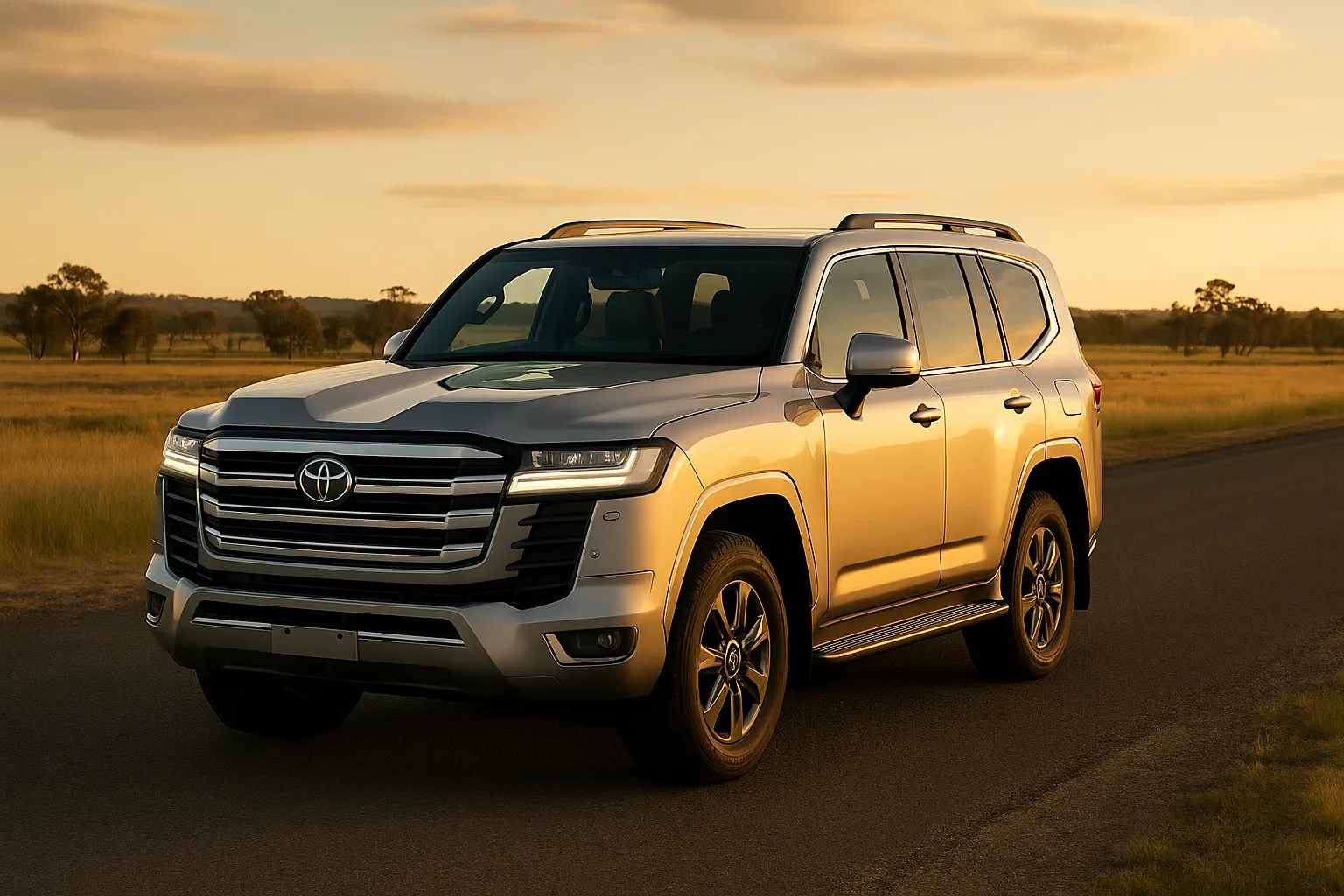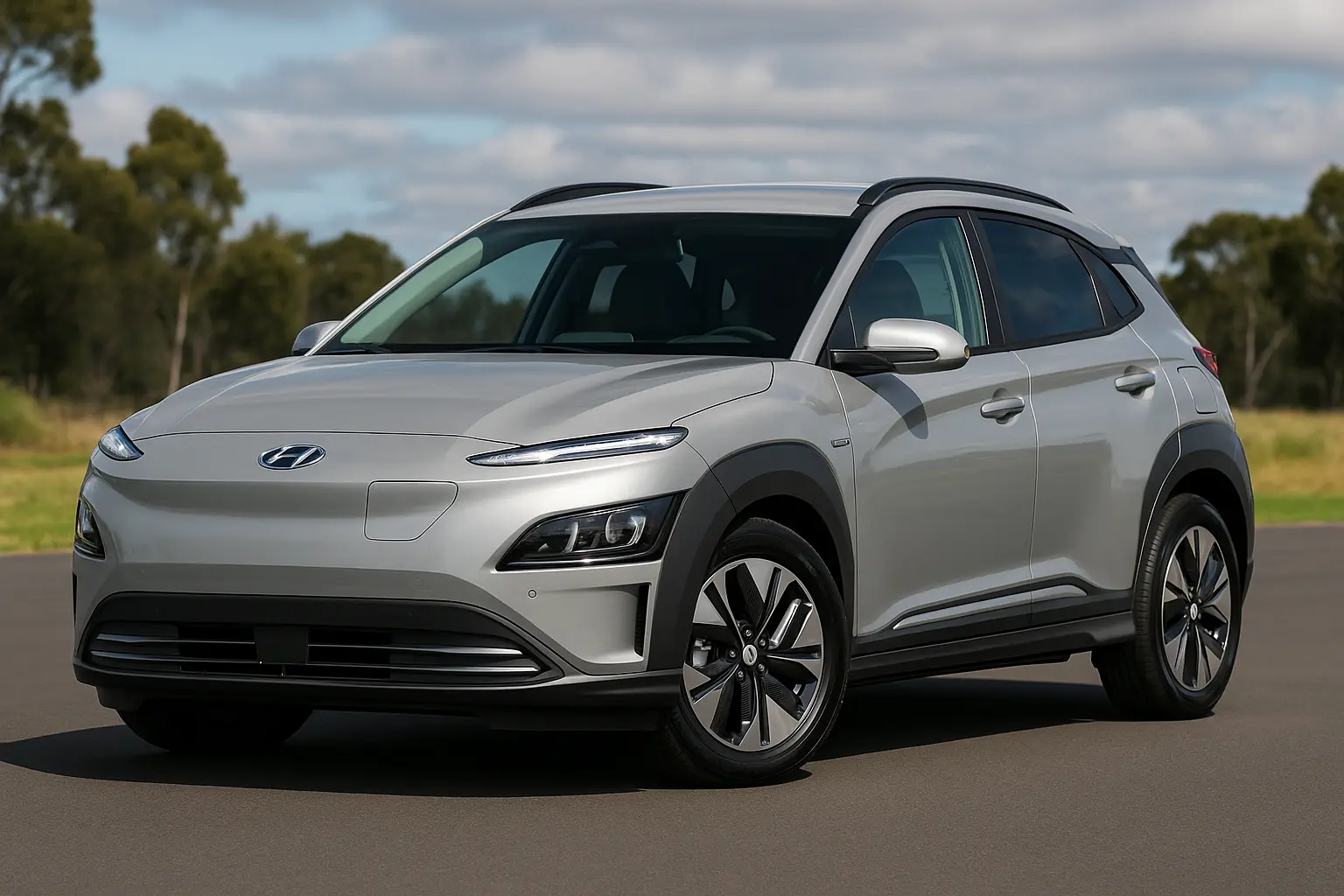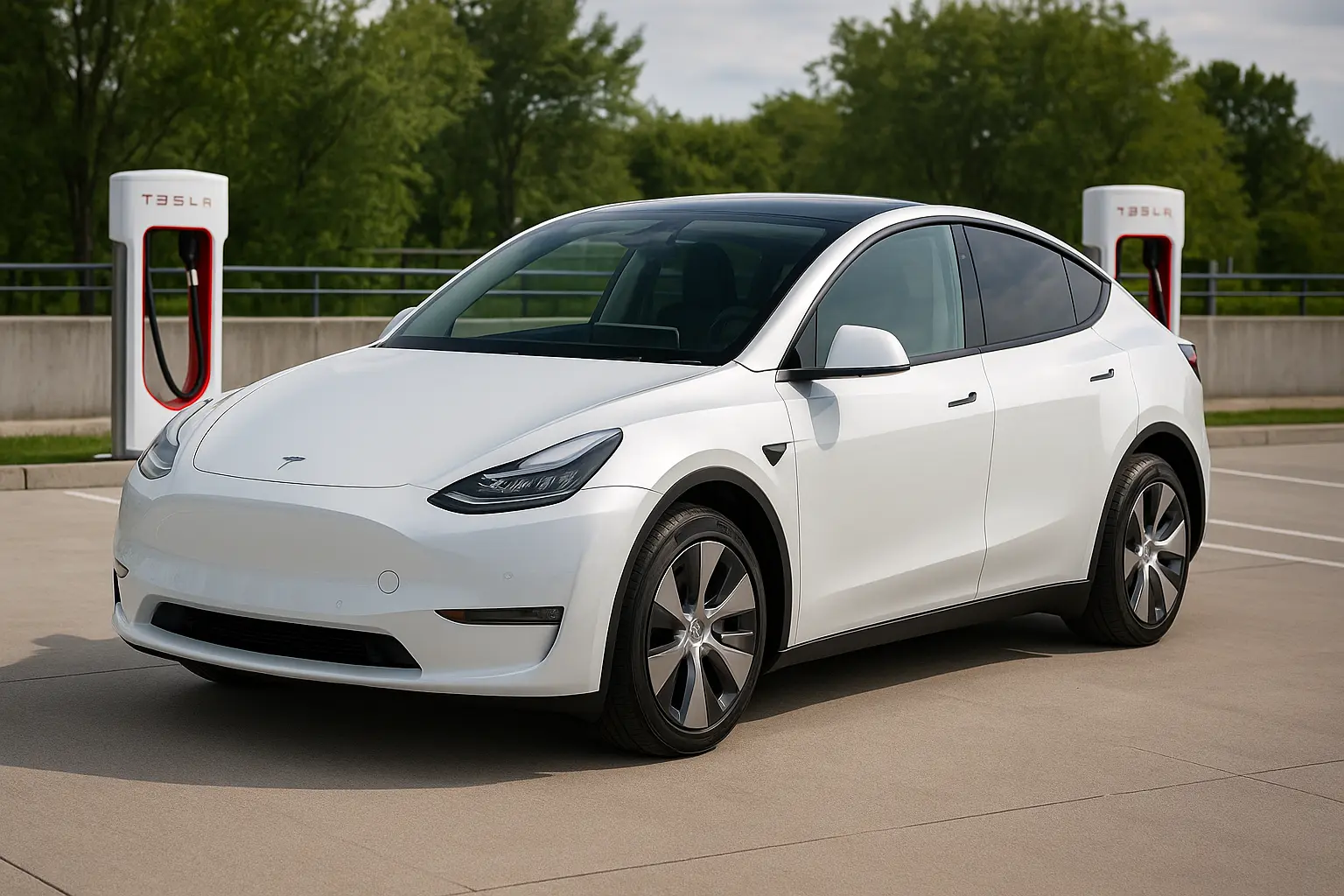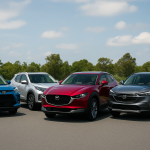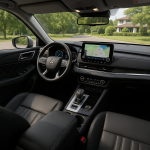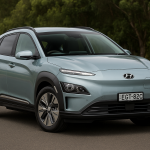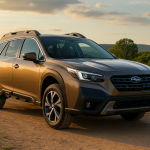Diesel engines have long been synonymous with rugged performance, off-road dominance, and long-distance fuel economy. But with Australia’s growing push toward electrification, evolving emissions standards, and the rise of hybrids and EVs, the big question in 2025 is: Are diesel cars still worth buying?
In this in-depth guide, we’ll explore the current state of diesel vehicles in Australia, weigh their pros and cons, dive into market trends, and list the best diesel models still available in 2025.
Why Diesel Cars Became Popular in Australia
Diesel vehicles earned their place on Aussie roads for several reasons:
- Towing Power: High torque output made diesel utes and SUVs a favourite among tradies, farmers, and 4WD enthusiasts.
- Long-distance Cruising: Diesel engines deliver better fuel economy at highway speeds — perfect for long road trips or outback driving.
- Durability: Older diesel engines were often built to last, with simpler mechanical parts compared to petrol engines.
- Lower Running Costs: Despite higher initial cost, diesel vehicles often paid back over time with fuel savings and fewer refuels.
But as we hit 2025, the landscape has changed dramatically.
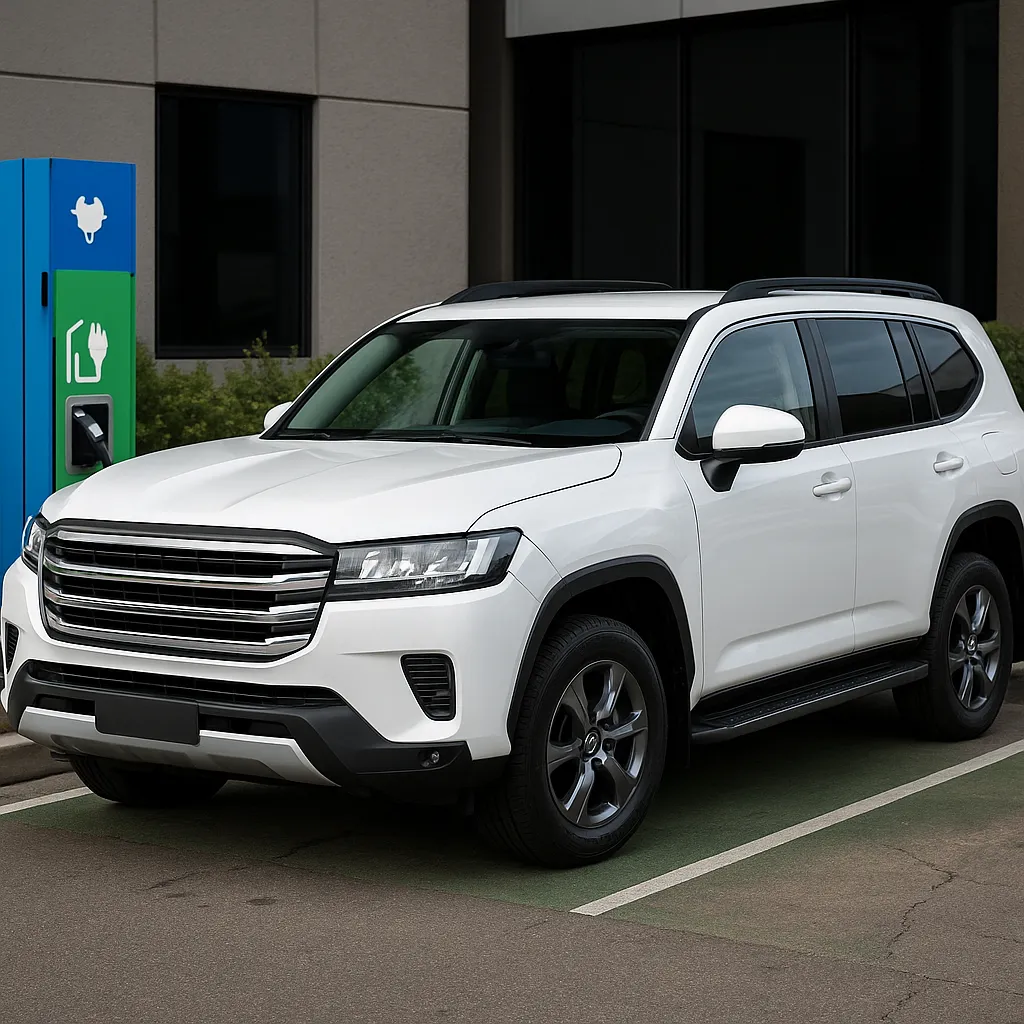
The Diesel Dilemma in 2025: Market Realities
Let’s look at key factors affecting the diesel market in Australia today:
1. Stricter Emissions Standards
Australia continues aligning with Euro 6 emission standards. Diesel engines produce more nitrogen oxides (NOx) and particulates than petrol and hybrid equivalents. Manufacturers now need to add expensive emissions treatment systems like DPF (Diesel Particulate Filters) and AdBlue SCR to meet regulations.
2. Shift Toward Electric and Hybrid Cars
EVs are becoming more common on Aussie roads, especially in metro areas. Buyers are moving away from internal combustion, especially for urban commuting. Meanwhile, hybrid options now offer similar fuel efficiency with lower emissions.
3. Reduced Diesel Options from Manufacturers
Many brands — especially from Europe and Japan — have cut down diesel variants from their passenger car line-ups. Diesel remains available mostly in utes, larger SUVs, and commercial vehicles.
4. Higher Diesel Fuel Costs
Diesel fuel used to be cheaper. In 2025, it’s often on par or even more expensive than petrol, depending on the region and market trends.
Pros of Diesel Cars in 2025
Despite the market shift, diesel still has its strengths:
✅ Better Fuel Economy on Highways
Diesel engines offer up to 30% better fuel efficiency on long drives compared to petrol.
✅ High Torque for Towing and Off-Road
If you’re hauling trailers, caravans or doing serious off-roading, diesel's torque is unmatched.
✅ Longer Range Between Refuels
Diesel tanks and efficient burn rates mean less time at the bowser — ideal for remote driving.
✅ Longevity (with proper maintenance)
Modern diesel engines last 400,000+ km when maintained properly, making them a durable choice.
✅ Lower CO₂ Emissions (per litre burned)
Surprisingly, diesel emits less CO₂ per litre than petrol, which is helpful from a climate target point of view (but offset by NOx issues).
Cons of Diesel Cars in 2025
❌ Stricter Maintenance Requirements
Modern diesel engines are complex — DPF cleaning, EGR valve maintenance, and AdBlue refills add extra care costs.
❌ Higher Initial Purchase Cost
Diesel variants often cost $2,000–$4,000 more than petrol versions of the same model.
❌ Short Trip Penalty
Diesel engines don’t like frequent short trips. DPFs can clog if not driven on long enough routes to reach full operating temperature.
❌ Emissions Compliance Headaches
New emissions systems can be expensive to fix. Failed DPF or AdBlue systems can cost thousands.
❌ Declining Resale Value
With demand shifting to hybrids and EVs, diesel vehicle resale values are beginning to soften.
Where Diesel Still Makes Sense in Australia (2025)
- Remote/Rural Drivers: If you live far from cities and drive long distances, diesel is still king.
- Tradies/Towers: Diesel utes like HiLux and Ranger offer reliable power for trailers and tools.
- Off-Roaders: Diesel’s low-end grunt is ideal for 4x4ers tackling trails and dunes.
- Fleet/Commercial Use: Businesses running high-mileage vehicles still find value in diesel.
Top Diesel Cars Still Worth Buying in 2025
### 🚗 1. Toyota LandCruiser 300 Series
- Engine: 3.3L Twin-Turbo V6 Diesel
- Torque: 700Nm
- Why it’s worth it: Legendary off-road performance, long touring range, and unmatched reliability. Perfect for Aussie outback adventures.
🚙 2. Ford Ranger (2025)
- Engine: 2.0L Bi-Turbo or 3.0L V6 Diesel
- Towing Capacity: Up to 3,500kg
- Why it’s worth it: Market-leading tech, comfort, and work-ready toughness. Tradies love it — and now so do families.
🚗 3. Isuzu D-MAX
- Engine: 3.0L Turbo Diesel
- Safety: 5-Star ANCAP
- Why it’s worth it: Reliable, simple diesel power and strong resale value. One of the best-value diesel utes in Australia.
🚙 4. Mazda BT-50
- Engine: 3.0L Turbo Diesel
- Highlight: Same underpinnings as the D-MAX but with Mazda design flair and features.
🚙 5. Toyota HiLux
- Engine: 2.8L Turbo Diesel
- Why it’s worth it: A trusted ute across all trades. Strong support network and parts availability Australia-wide.
🚙 6. Toyota Prado
- Engine: 2.8L Turbo Diesel
- Range: Over 1,000 km on a tank
- Why it’s worth it: Comfortable long-distance cruiser, great for families who road trip often.
🚙 7. Land Rover Defender 110 D300
- Engine: 3.0L Mild-Hybrid Turbo Diesel
- Luxury Off-Roader: Combines diesel efficiency with tech-savvy adventure capabilities.
🚗 8. Hyundai Santa Fe Diesel (AWD)
- Engine: 2.2L Turbo Diesel
- Why it’s worth it: Family-friendly SUV with diesel range and torque. A good mix of urban comfort and rural practicality.
🚗 9. Kia Sorento Diesel
- Engine: 2.2L Diesel
- Interior: Premium feel, 7-seater layout
- Why it’s worth it: One of the last remaining diesel family SUVs offering a refined yet economical ride.
🚗 10. Mercedes-Benz GLE 300d
- Engine: 2.0L Diesel
- Luxury + Efficiency: Offers high-end comfort with diesel cruising efficiency for long hauls.
Future of Diesel in Australia: What’s Next?
Diesel won’t vanish overnight — especially in rural and commercial markets. But trends are clear:
- Urban bans may start appearing in certain zones by 2030+.
- Resale value for diesel passenger cars may weaken.
- Hybrids and EVs will continue to dominate new car registrations.
- Plug-in hybrids (PHEVs) may replace diesel for towing and long-distance flexibility.
Still, diesel’s relevance in specific niches like towing, off-road touring, and long-distance driving remains strong.
When Should You Choose Diesel in 2025?
Here’s a quick checklist:
| Situation | Go Diesel? |
|---|---|
| Drive 20,000+ km annually? | ✅ Yes |
| Frequently tow or carry loads? | ✅ Yes |
| Off-road or rural driving? | ✅ Yes |
| Short daily commutes in city? | ❌ No |
| Prioritise low emissions or EV goals? | ❌ No |
| Want plug-in charging or EV access? | ❌ No |
| Value strong torque and efficiency? | ✅ Yes |
Tips for Buying a Diesel Vehicle in 2025
- Check Emissions Compliance: Ensure it meets Euro 6 or newer.
- Understand DPF System Needs: Avoid frequent short trips if you don’t plan to drive long distances.
- Use Quality Diesel Fuel: Bad diesel can quickly damage injectors and filters.
- Maintain Service Records: Diesels love regular servicing.
Consider Future Resale: Utes and large 4WDs tend to hold diesel value better than sedans or small SUVs.
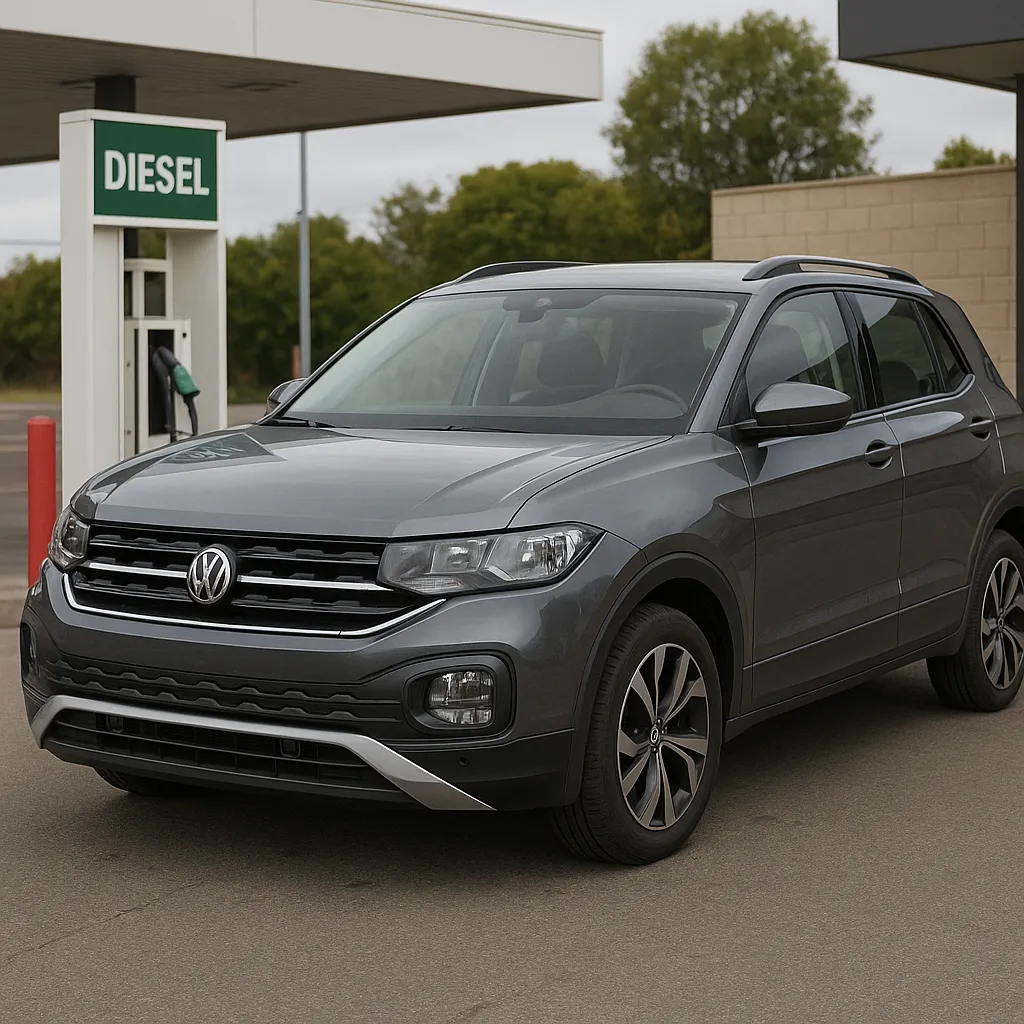
Final Verdict: Are Diesel Cars Still Worth It in 2025?
Yes — but only for the right buyer.
If you need long-range, torque-heavy performance for towing, off-roading, or rural work, diesel is still the most logical choice in Australia. But for urban commuters, families, or tech-savvy drivers interested in green mobility, it’s probably time to look at hybrids or EVs.
Diesel remains a niche — but very important — part of the 2025 Australian motoring scene.
Leave a comment
Your email address will not be published. Required fields are marked *


